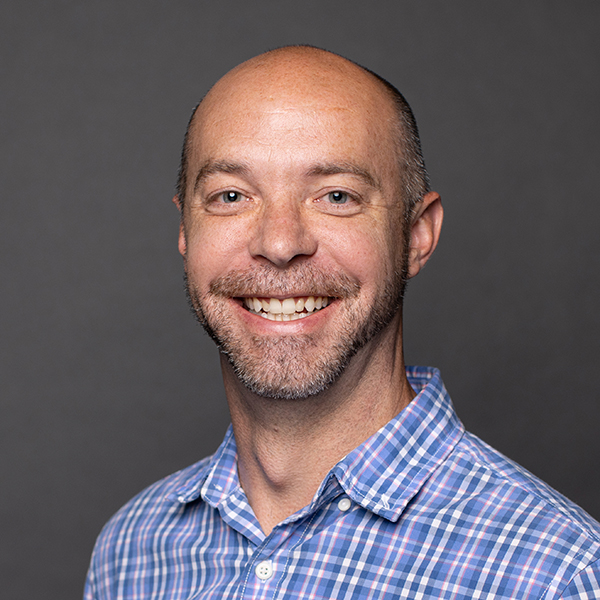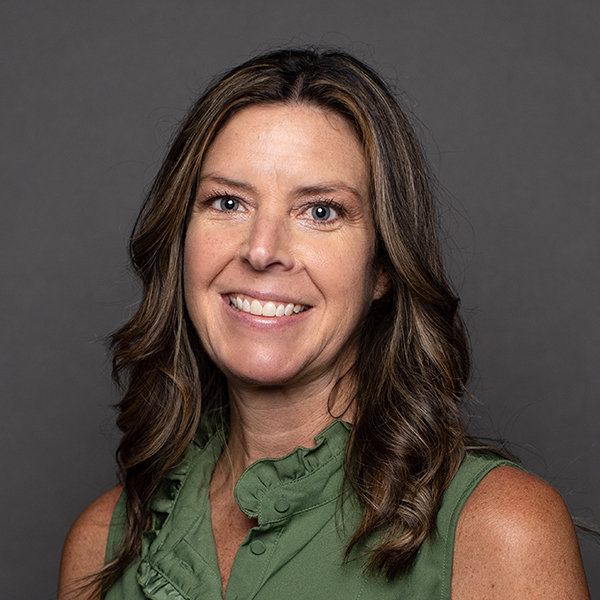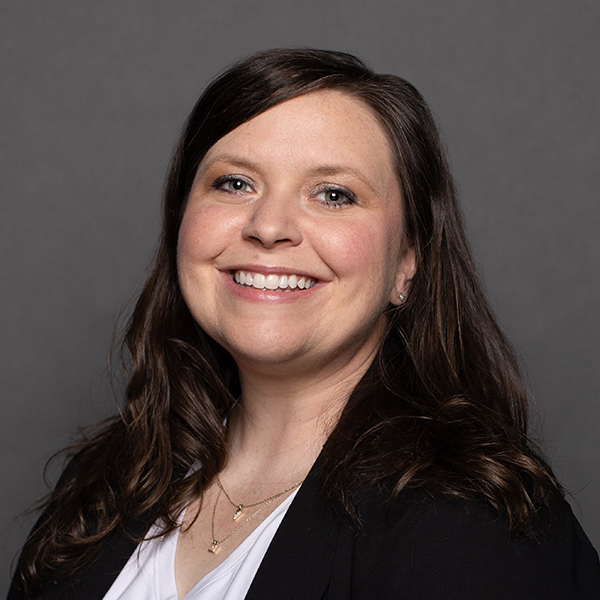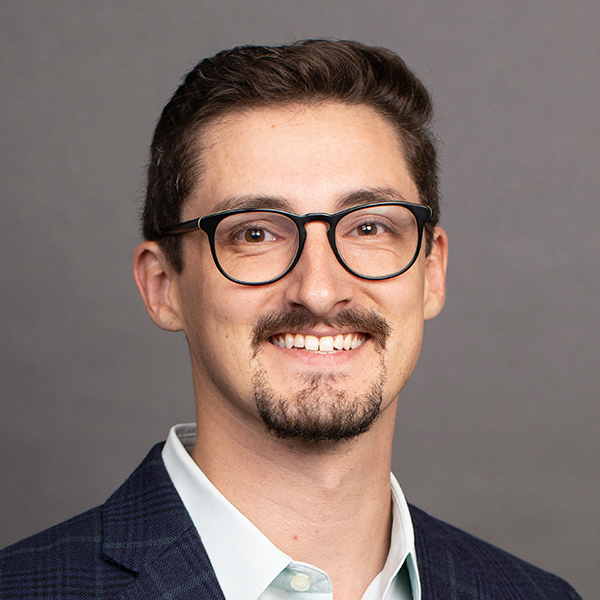University Counseling Center
University Counseling Center (UCC)
The UCC offers free, confidential, Christian counseling to all students who are currently enrolled at FHU. All counselors adhere to the American Association of Christian Counselors Code of Ethics.
Counselors are on call 24/7 during the Fall and Spring semesters to provide immediate help for students with a mental health crisis.
The UCC is located upstairs in Loyd Auditorium in the Butts Family Center.
The UCC offers free, confidential, Christian counseling to all students who are currently enrolled at FHU. All counselors adhere to the American Association of Christian Counselors Code of Ethics.
Counselors are on call 24/7 during the Fall and Spring semesters to provide immediate help for students with a mental health crisis. (A crisis involves immediate thoughts of harm to self or others and/or seeing or hearing things that are not actually there. If you are struggling with your mental health but not at risk of harm, please use the appointment link below to schedule an appointment).
The UCC is located upstairs in Loyd Auditorium in the Butts Family Center.
If you have a mental health emergency (thoughts of harm to self or others), please call the crisis line at 731-608-2590.
If you are having thoughts of suicide or harming yourself or others in any way you may also access one (or more) of the following resources:
- Call the National Suicide Prevention Lifeline at 1-800-273-TALK (8255)
- Contact the Tennessee Crisis Text line at 741-741
- Call 911 or 988
- Quickly make your way to the nearest hospital emergency room to be evaluated, and/or for emergency assistance on campus, you may contact FHU Security at 731-989-6911 OR call the UCC Emergency Line at 731-608-2590.
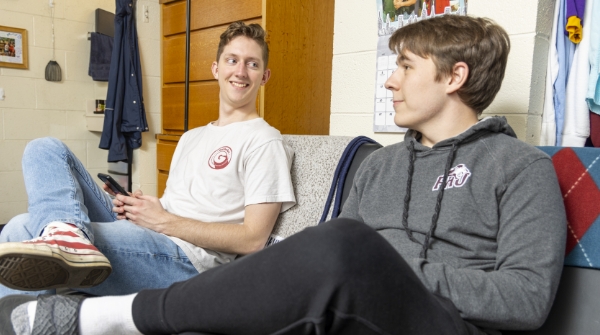
Counseling Services
Individual, couples, pre-marital and group counseling services are offered, as well as referral services for those interested in seeing someone outside of FHU or for those in need of more intense or specialized services.
The UCC works with students presenting with a wide variety of issues, including but not limited to:
- Mood Disorders (Depression, Bipolar, etc.)
- Anxiety Disorders (Generalized, Social, Test-Taking, etc.)
- Post-Traumatic Stress Disorder & Other Related Disorders
- Obsessive-Compulsive Disorder & Other Related Disorders
- Sexual Addiction/Pornography Addiction…and partners of addicts
- Past or Current Abuse (Sexual, Physical, Emotional, Verbal, Spiritual, Neglect, etc.)
- Couple, Pre-Marital & Marital Related Issues
- Attention-Deficit Hyperactivity Disorder (Inattentive, Hyperactive and Combined types)
-
Grief/Loss of a Loved One
-
Substance Abuse (Alcohol, Marijuana, etc.)
-
Eating Disorders (Anorexia Nervosa, Bulimia Nervosa, Binge Eating, etc.)
-
Spiritual Struggles (doubt, desire to grow, taking ownership of faith, etc.)
-
Other Interpersonal Relationship Problems (friend, roommate or suitemate issues, etc.)
-
Adjustment Disorder
What Parents Need to Know
Confidentiality
The UCC staff members recognize that parents of clients can sometimes become frustrated when it comes to the laws of confidentiality. Parents feel as though they should be able to know what their son or daughter is working on in counseling; however, confidentiality is crucial when it comes to establishing a healthy and effective counseling relationship.
Tennessee State Law and the American Association of Christian Counselors Code of Ethics prohibit UCC staff from sharing any information about a client’s counseling services without a signed release of information from that client. There are some exceptions. For instance, when a counselor believes that a client may be in imminent danger of harming themselves or another person OR when a counselor suspects the abuse of children, the elderly, or any other vulnerable person that counselor has a duty to break confidentiality as minimally as possible to help ensure the safety of the client and others.
We encourage parents to talk openly with their children if they wish to know more about the counseling services they are receiving. In most cases, students respond positively to open and honest questions from their parents and mentors.
How You Can Help
UCC staff members are available to assist parents who may be concerned about their son or daughter’s well-being. Staff members will contact students whose parents identify as potentially needing counseling services.
Setting up and keeping appointments is the individual student’s responsibility. Parents who would like to refer a student for counseling services may contact the UCC Director.
Helpful Information
Below you will find helpful information and resources.

